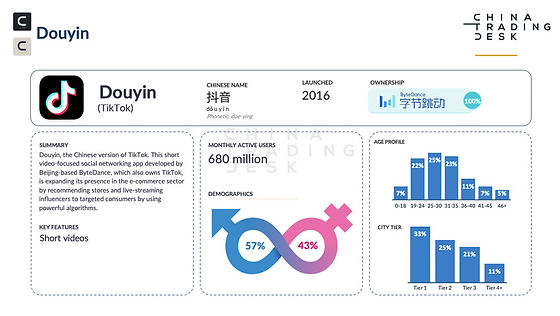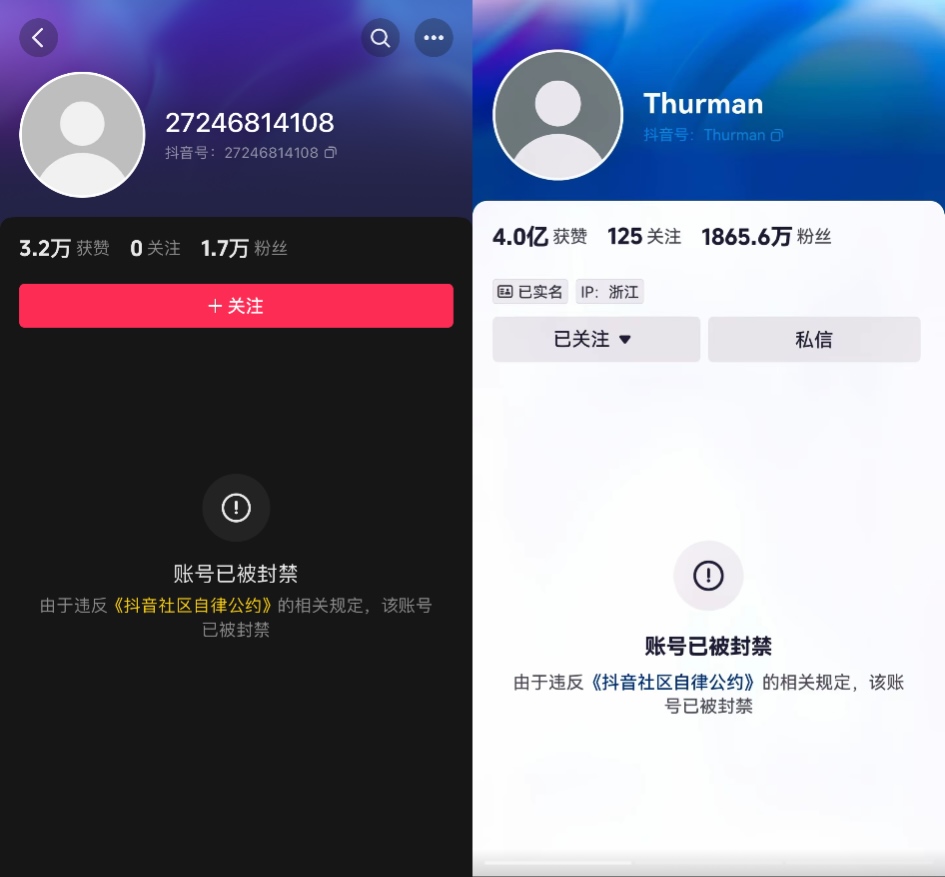With the widespread use of smartphones and the rapid development of social media, Douyin has attracted hundreds of millions of users since its launch in 2016, thanks to its innovative content formats and precise recommendation algorithms. It influences the younger generation while also presenting many challenges.
The rise of Douyin is closely linked to its unique style. The platform offers user-friendly short video creation tools and robust social sharing features, enabling users to quickly produce and disseminate content. Statistics show that most Douyin users are young people, particularly those aged 18 to 24. This generation not only demonstrates high engagement in content consumption but also plays an important role in content creation.

Douyin provides young people with a stage to showcase themselves. Whether through dance, singing, challenges, or sharing life experiences, users can freely express their personalities and creativity. Douyin fosters social interaction among young people, allowing some expressive and distinctive individuals to achieve significant economic benefits across social classes. Through likes, comments, and shares, users can not only stay connected with friends but also establish relationships with strangers. This social experience offers emotional support and a sense of belonging, particularly in today’s digital age, helping to alleviate feelings of loneliness in some aspects.
However, the rise of Douyin has also brought numerous negative effects, particularly in terms of media ethics, which merit our deep reflection. Firstly, the nature of short videos lowers the barrier to content creation, leading to the proliferation of false information and misleading content. Some users exaggerate facts or spread misinformation to attract attention. This not only misleads viewers but also has a negative impact on society. For example, a popular female internet celebrity with a large following was banned from Douyin for posting false content.

A popular female internet celebrity with a large following was banned from Douyin for posting false content.
While the platform’s algorithmic recommendation mechanism provides personalized experiences, it may also compromise user privacy. Moreover, the “perfect life” image created by Douyin may place pressure on young people’s self-identity, leading to anxiety and low self-esteem, putting them in a dilemma regarding their self-worth.
“The primary responsibility of the media is to provide true and accurate information to promote the public’s right to know.”
–Kovach
On a platform like Douyin, the importance of media ethics becomes increasingly apparent. In the future, Douyin and other short video platforms could explore more ethically aware paths in content creation and dissemination, such as implementing false information labels and enhancing user privacy protections. Only by ensuring the authenticity of content and the safety of users can sustainable development be achieved.
In summary, the impact of Douyin’s rise on the young generation is profound, with both positive aspects and many challenges. While enjoying the conveniences and pleasures brought by this emerging medium, we should also pay attention to these ethical issues in media. Through collective efforts, we can create a harmonious online environment that allows the younger generation to thrive in the digital age and have better social experiences on the internet.
- References:
https://images.app.goo.gl/oFZgx2pApShZDZmZ9
https://images.app.goo.gl/anEYZoUPHs1dwL7E7
Kovach, B., & Rosenstiel, T. (2014). The Elements of Journalism: What Newspeople Should Know and the Public Should Expect. Crown Publishers.


I really liked how you examined how you examined Douyin through a critical lens, showcasing the pros and cons and how these reasonings came to be. I also really liked how you dived into miss information aspect of Douyin and how damaging it can be, especially to the younger generation which is the target audience for Douyin. One thing I think you could have done was to elaborate which topic you decided to talk on since it’s not clear. Overall it’s a really good article on Douyin as a whole.
I think this article does a great job of highlighting both the positive and negative sides of DouyinŌĆÖs rise, especially for young people. On one hand, itŌĆÖs a fantastic platform for creativity and connection, giving users a stage to express themselves and build communities. But on the other hand, there are serious issues with misinformation, privacy concerns, and the pressure to live up to unrealistic standards set by the platform.
The idea of adding false info labels and improving privacy protections is spot on. Douyin and similar platforms need to find a better balance between fun, engagement, and ethical responsibility. Only then can they truly create a safe and healthy space for the next generation to thrive in the digital world.